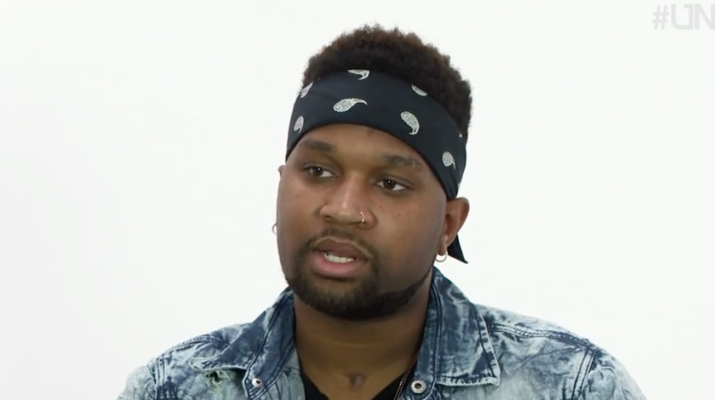Canon continues his successful Loose Canon series with the third volume. In an interview with Soren Baker on Unique Access, the Nashville-based artist explains the sense of community he tries to create through the project, which features RMG boss and label mate Derek Minor. The closing track “The Family” is a call to action to work together to find answers to problems permeating society today.
“I think it’s important because we see on social media, news, we see black, white, black guy get shot up, all kind of stuff, and it’s easy to have the we versus them mentality,” Canon shares. “But in reality, we’re all family. We all have similar struggles. Some people can’t pay their rent on time. That’s not a black issue. That’s a black and white issue sometimes, in most cases. We all really have to come together to make change. That’s not a ‘Y’all gotta get yourselves together.’ Or ‘Y’all gotta finally acknowledge the issues in life.’ It’s like, ‘No, we all need to come together to make that change.'”
He continues this theme of getting a wide perspective with the single “Eagles.” Once again, Canon asks his listeners to go beyond social media or what they are taught in schools to understand the way the world works.
“I say, ‘If you wanna see how the world really is, you gotta get above it, get a bird’s eye view,'” Canon explains, referencing a line from the song. “Sometimes, and most cases, get above the eagles. The more you pull back the layers of certain things, the more you see how deep the rabbit hole goes. I think we can’t just ourselves say, ‘This is just what it is.’ No, America has been brought up from so many different things. And not all of them are in our high school textbooks. So do your research. Do your history. Everything ain’t just what it is.”
Canon says that he had to learn this himself as he was confronted with racial profiling after living as a child who didn’t believe certain issues regarding racism and classism really existed. One specific example he points out is when he travels back and forth from Nashville to Atlanta, he is frequently pulled over and investigated. He’s even spent a night in the holding cell even though he didn’t have anything illegal on him because racial profiling is a “real deal situation.”
“I’m an artist. All I got here is merchandise, and shirts and CDs. I ain’t got nothing,” Canon says. “I could look like somebody. I got jewelry on, chains on, tattoos, piercings and I got a trunk full of stuff. It’s easy to say or think or consider, ‘He may have something more than what he’s showing.'”
Applying the lesson he’s trying to teach others to his own life, Canon says he changed his perspective on how he treats people, using the example of homeless people. He shares how he used to just hand over a few dollars, but now tries to understand why people are homeless. He will now ask how he can help a homeless man get a job.
“I think twice now and I take my time,” he says of understanding people in general. “I try to develop my own opinion and perspective before just giving it out and just taking what people say about things.”
